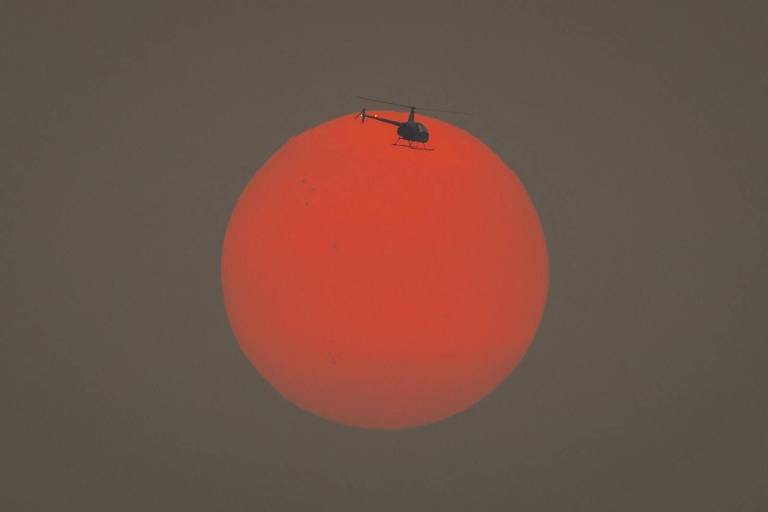Suffocated by an unusual combination of drought, heat, and widespread fire smoke, Brazil faces an equally smoky outlook regarding its capacity to measure and react to critical air quality levels.
Based on international models, experts state that municipalities, states, and the federal government are far behind in three basic steps to address the crisis: adjusting air quality standards, monitoring in all inhabited regions, and adopting standardized actions to protect the population.
For air to be healthy, it cannot exceed certain concentrations of pollutants, such as particulate matter and gases.
The air quality index is represented by numerical values that start at zero, for very good conditions, and go beyond 200, for a situation considered very poor, according to WHO (World Health Organization) standards.
On the afternoon of this Thursday (12), São Paulo's indicator was 111, within the "poor" classification – from 81 to 120.
